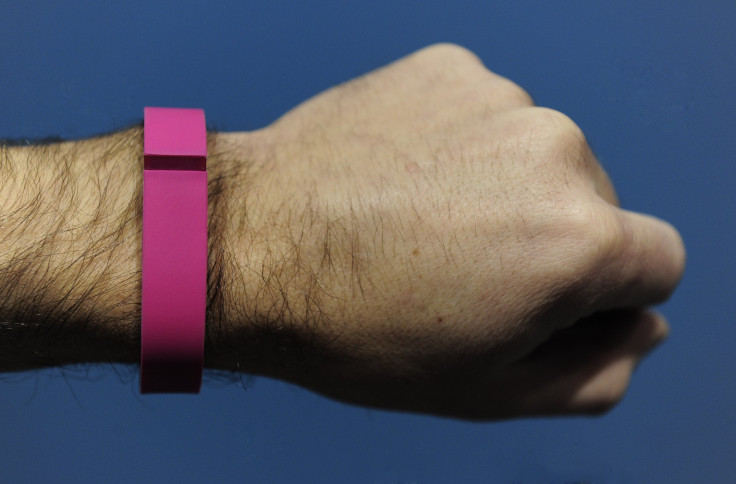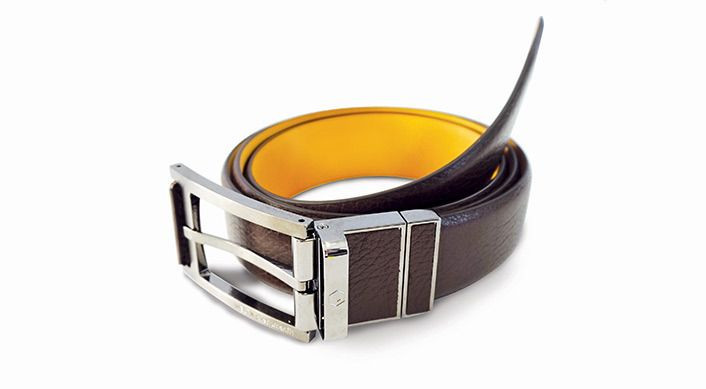CES 2016: Wearables Get Personal, Health-Focused And Can Even Give You Superpowers (Sort Of)

Wearables are one of the most talked-about technology categories of the last couple of years and yet for all the hype the devices on sale are still pretty primitive. That is about to change in 2016. At the Consumer Electronics Show (CES) in Las Vegas next week we will see new products that offer more detailed and personal insights into our activities, track the state of our health and potentially even augment our abilities.
According to figures from International Data Corp., more than 110 million wearables will be shipped in 2016, up more than 40 percent from this year as second- and third-generation products finally address the shortcomings and concerns customers have today. Wearables cover a myriad of products, from eyewear like Google Glass to smart clothing and in-ear headsets. But the two main categories of wearables driving growth are fitness trackers and smartwatches.
“Smarter clothing, eyewear, and even wearables [ear-worn devices] are all in their early stages of mass adoption,” Jitesh Ubrani, senior research analyst for IDC Mobile Device Trackers said in a research note. “Though at present these may not be significantly smarter than their analog counterparts, the next generation of wearables are on track to offer vastly improved experiences and perhaps even augment human abilities.”
At CES 2016, which kicks off in Las Vegas next week, we will see the leader in fitness trackers, Fitbit, hold its first press conference at what is the world’s biggest technology showcase. Fitbit CEO James Park will kick off press day at CES Tuesday where he is expected to unveil Fitbit’s latest activity trackers.
The company already sells six types of devices and is the No. 1 wearables company globally with 24 percent market share, according to IDC. But in 2016 the company — like the rest of the industry — is looking to move beyond simply counting steps and the number of hours slept to offer much more detailed and insightful analysis of your activity and your health.
More Insightful
“We’re definitely going to be releasing devices with advanced sensors that help people track not only more accurate metrics on what we’re doing today, but additional metrics as well,” Park told Time earlier this year. “I can’t talk specifically, but things people are going to be interested in in the future are blood pressure, or stress, or more stats about their athletic performance. Those are all things that we’re working on and we’ll continue to release over time.”
Offering more than a simple step counter will be crucial if Fitbit and the wider wearables market wants to continue to grow at the pace seen in the last couple of years. Research released last year by Endeavor Partners showed more than a third of U.S. consumers who owned a wearable stopped using it after six months, indicating the basic features don't keep people engaged.
Simply adding more sensors is not the answer, however. How this data is used is going to be crucial to the continued success of Fitbit, which went public six months ago and has since smashed analyst expectations with two superb sets of financial results. To that end, James has indicated the company will in the future allow third party apps to hook into its hardware and at CES 2016 we could hear about the first of these.
Health Focused
Fitbit is far from the only wearable company bringing new devices to Las Vegas. Withings, a French company that produces the stylish Activité smartwatches as well as connected blood pressure monitors and sophisticated sleep-tracking products, is expected to expand its health-focused eco-system of products, and International Business Times has learned it could include a smart thermostat and a new activity tracker.
The move toward a more health-focused style of wearable is gathering momentum with a lot of startups looking to launch devices aimed at addressing specific health-related issues including diabetes, sleep disorders, obesity and cardiovascular disease. While CES is still very much a consumer showcase we are beginning to see this type of monitoring creep into more mainstream devices such as Microsoft’s Band 2. Band 2 may not be the most comfortable fitness tracker on the market. It is weighed-down with sensors including a galvanic skin sensor that can tell you when you are getting stressed.
While Fitbit has said publicly the launch of the Apple Watch had “no impact” on sales of its fitness trackers, there is little doubt the smartwatch category is here to stay. IDC predicts Apple will dominate the sector but at CES we will continue to see new Android Wear devices unveiled despite the fact no one from Samsung to Motorola has managed so far to make a significant impact on the market.
Fashion Forward
Speaking of Samsung, the company has already revealed a few concept products it will be bringing to CES, including a smart belt called a Welt, that measures the wearer’s waist size, steps, time spent sitting down and eating habits. Just a concept so far, the Welt is, however, an indication that everything we wear is ripe for a technology makeover.

At CES 2016 an event dedicated to smart and connected clothing called FashionWare will showcase the collision of technology and fashion. To date that has meant wacky designs that may work on the catwalk but never make it into stores. That now is changing. “We’re really trying to push toward fashion-first wearables,” Amanda Parkes, chief of technology and research for Manufacture New York, a company that helps nurture young fashion startups, told CNET ahead of this year’s show. In another indication of just how important technology is becoming to the fashion world, CES 2016 will see fashion designer Donna Karan speaking at a digital health conference.
© Copyright IBTimes 2024. All rights reserved.





















